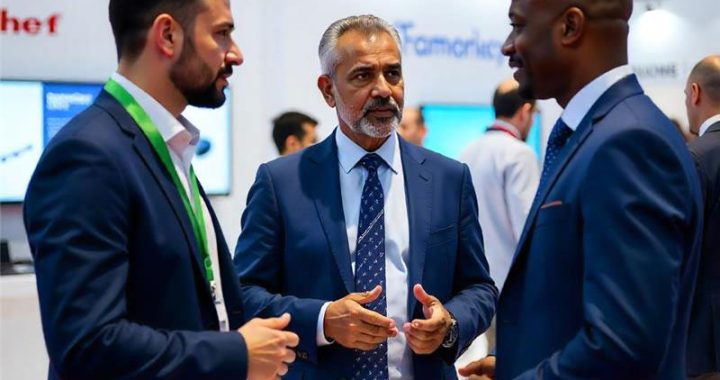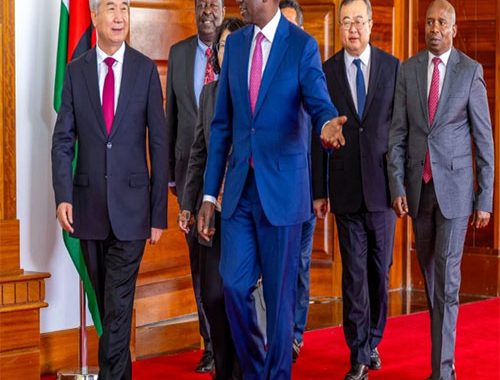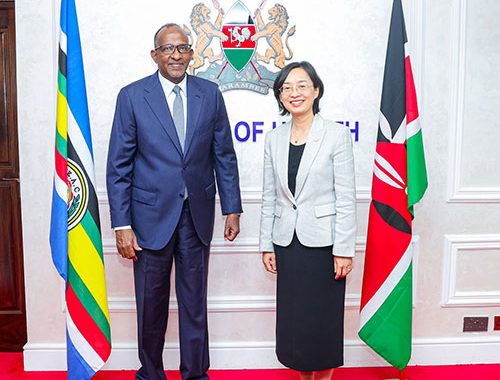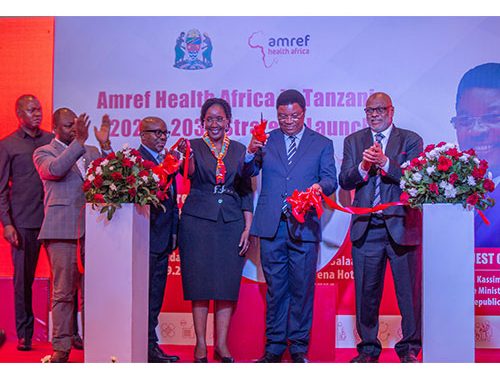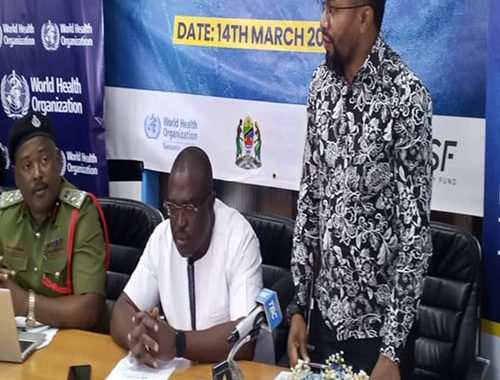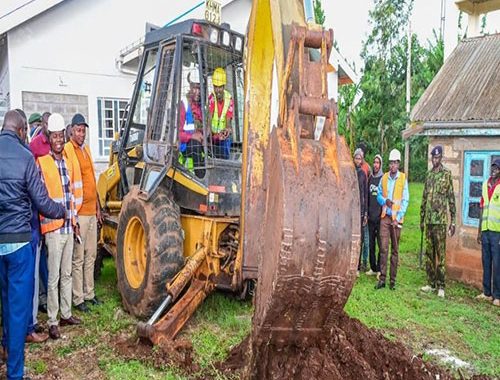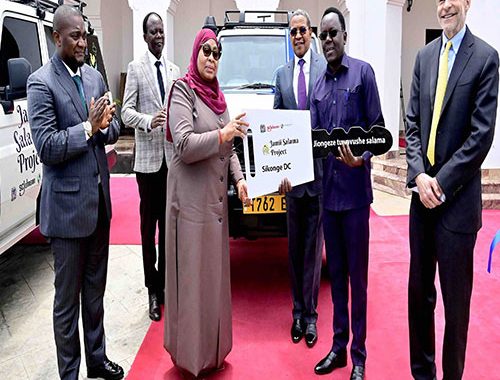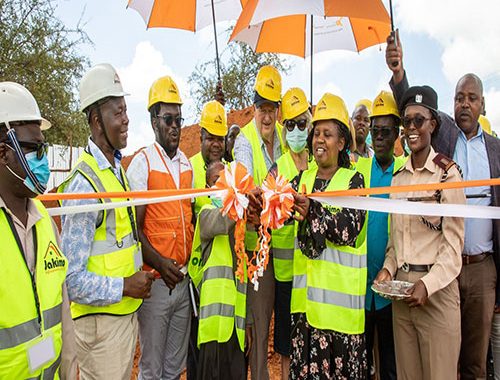Unlock Growth in the Heart of East Africa: Tanzania’s Booming Healthcare Market Awaits Exporters!
Are you seeking a dynamic and rapidly expanding market for your medical and healthcare products and equipment? Look no further than Tanzania, a nation poised for significant growth in its healthcare sector, presenting unparalleled opportunities for international exporters like you.
With a burgeoning population of over 60 million and a government committed to improving healthcare access and quality, Tanzania is quickly becoming a premier destination for businesses in the medical and healthcare industry.
Why Tanzania is Your Next Export Frontier:
- Growing Demand: Tanzania’s healthcare market, valued at approximately $600 million in 2017 and projected to reach $900 million by 2025, is driven by an increasing disease burden, a rising population, and growing awareness of health conditions. There’s a significant unmet demand for pharmaceuticals, medical devices, and diagnostic tools.
- Government Focus & Investment: The Tanzanian government is actively promoting the development of its pharmaceutical and medical device sector, with initiatives aimed at strengthening local manufacturing capacity and reducing reliance on imports. They have set a five-year target to produce 50% of hospital drugs and medical equipment locally. This commitment, coupled with increasing public and private sector investment, creates a fertile ground for market entry.
- Improving Healthcare Infrastructure: Tanzania has made substantial strides in enhancing healthcare delivery, including expanding access to quality medicines and medical devices, even in rural areas. There’s a particular demand for laboratory, surgical, radiology equipment, and diagnostic therapies.
- Digital Health Growth: The “Tanzania Connected Healthcare Market” is projected to grow from $26.54 million in 2022 to $207.37 million by 2030, at a CAGR of 29.3%. This surge is fueled by increased adoption of mobile technology, private sector investment, and government support for e-health initiatives such as the Tanzania Digital Health Strategy. This opens doors for mHealth services and devices.
- Strategic Location: As a member of the East African Community (EAC) and AfCFTA, Tanzania offers regional trade opportunities, making it a strategic hub for wider market penetration in East Africa.
Key Opportunities for Exporters:
- Pharmaceuticals: While local production is growing, Tanzania still heavily relies on foreign pharmaceutical imports, particularly generic drugs due to low per capita spending. This offers significant opportunities for generic drug manufacturers.
- Medical Devices & Equipment: There’s a high demand for a wide range of medical devices, including surgical instruments, diagnostic equipment, radiology equipment, and laboratory supplies. The expansion of chronic diseases like diabetes and cancer is driving the need for advanced diagnostic procedures.
- Over-the-Counter (OTC) Medicines: Self-medication is prevalent, making the OTC medicine market an attractive prospect.
- Public and Donor-Funded Tenders: The government issues tenders for pharmaceuticals and medical equipment, and local producers complying with international quality standards can also participate in tenders issued by the donor community.
Navigating the Regulatory Landscape:
The Tanzania Medicines and Medical Devices Authority (TMDA) is the key regulatory body. Exporters must register their premises and products with the TMDA to ensure compliance with quality, safety, and effectiveness standards. Important aspects include:
- Product Registration: Medical devices are classified (Class A, B, C, D) with varying registration timelines (e.g., Class A: 90 days, Class B, C, D: 240 days).
- Import Permits: Importers and exporters must register their premises with the TMDA before applying for permits. Applications should be lodged online, and processing typically takes 7 days.
- Local Authorized Representative: Foreign manufacturers are required to appoint a local authorized representative.
- Documentation: All applications and supporting documents must be in Kiswahili or English.
- Post-Market Surveillance: Manufacturers are required to submit biennial PMS reports.
Don’t miss out on the immense potential Tanzania offers! Its growing healthcare needs, coupled with a supportive government and an expanding digital health landscape, make it an ideal market for your medical and healthcare exports.
For further insights and to explore specific opportunities tailored to your products, we encourage you to connect with trade promotion organizations and consult with local experts in the Tanzanian market.

